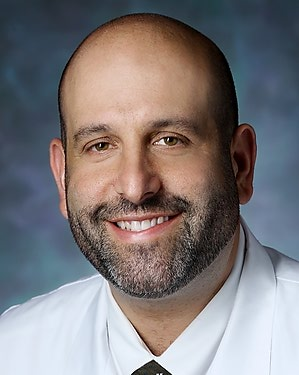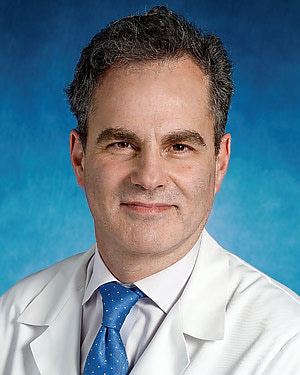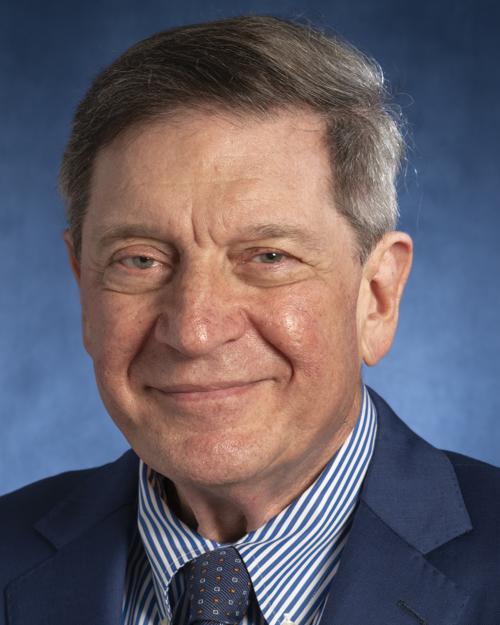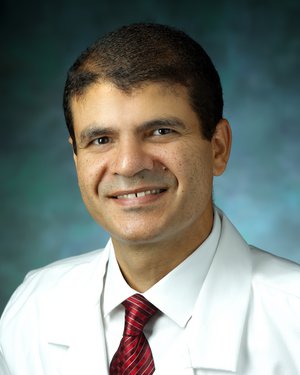Research Lab Results
-
Sivanesan Neuromodulation Laboratory (SNL)
Work in the Sivanesan Neuromodulation Laboratory (SNL) focuses on developing electrical stimulation therapies for treating neuropathic pain conditions and discovering novel applications for patients suffering from painful conditions. We study mechanisms of all modalities of spinal cord stimulation in the laboratory and aim to rapidly translate these discoveries to patient care. This bench to bedside approach facilitates a unique integration of the latest science with the clinical care of patients.
-
Laboratory of Computational Intensive Care Medicine (Stevens Lab)
The Johns Hopkins Laboratory of Computational Intensive Care Medicine (LCICM) has been established to gain knowledge on the mechanisms of critical illness and injury, with the aim of identifying novel methods to treat patients admitted to the intensive care unit (ICU). Members of the lab apply mathematical and statistical models, artificial intelligence, and domain expertise to unravel patterns in data from sources such as electronic health records, high-frequency physiological recordings, and medical imaging. These patterns are resolved into health signatures that can be leveraged for classification and prediction. The overarching goal is to enhance the precision, efficacy, and outcomes of care delivered to critically ill patients. -
Minimally Invasive Neurosurgery
Directed by Alan R. Cohen MD, Carson-Spiro Professor of Neurosurgery, Oncology and Pediatrics, the laboratory is focused on developing novel instruments and approaches to enhance the safety and efficacy of neurosurgical procedures. Current investigations include work in microsurgery, endoscopy, image guidance and robotic surgery. A cadaveric Skills Lab offers training in neurosurgical techniques. -
Minimally Invasive Neurosurgery Lab
Directed by Alan R. Cohen, M.D., Carson-Spiro Professor of Neurosurgery, Oncology and Pediatrics, the laboratory is focused on developing novel instruments and approaches to enhance the safety and efficacy of neurosurgical procedures. Current investigations include work in microsurgery, endoscopy, image guidance and robotic surgery. A cadaveric skills lab offers training in neurosurgical techniques. -
Alison Miles Lab
Research in the Alison Miles Lab focuses on moral distress among pediatric intensive care unit (PICU) clinicians. We have interviewed practitioners involved in the long-term care of patients in the PICU from two months to two years. By identifying the challenges of these cases and what was learned, we hope to develop more effective stress-management strategies for providers. Providers who have less stress are better equipped to care for patients, including those living with chronic diseases. Our team hopes to ultimately improve the field of pediatric palliative care for patients, families and care providers.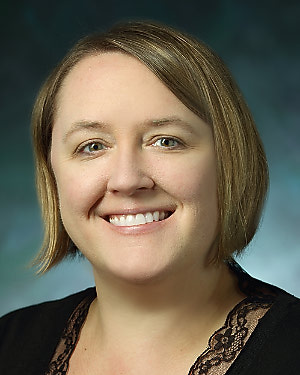
-
Joseph Mankowski Lab
The Joseph Mankowski Lab studies the immunopathogenesis of HIV infection using the SIV/macaque model. Our researchers use a multidisciplinary approach to dissect the mechanism underlying HIV-induced nervous system and cardiac diseases. Additionally, we study the role that host genetics play in HIV-associated cognitive disorders.
Principal Investigator
Department
-
Borahay Lab: Gynecologic and Fibroids Research
Dr. Borahay's lab focuses on understanding pathobiology, developing novel treatments, and carrying out high quality clinical trials for common gynecologic problems with a special focus on uterine fibroids. Our lab also investigates the causes and novel treatments for menstrual disorders such as heavy and irregular periods. In addition, Dr. Borahay’s team explores innovative approaches to minimally invasive gynecologic surgery, focusing on outpatient procedures with less pain and faster recovery times. -
Dmitri Artemov Lab
The Artemov lab is within the Division of Cancer Imaging Research in the Department of Radiology and Radiological Science. The lab focuses on 1) Use of advanced dynamic contrast enhanced-MRI and activated dual-contrast MRI to perform image-guided combination therapy of triple negative breast cancer and to assess therapeutic response. 2) Development of noninvasive MR markers of cell viability based on a dual-contrast technique that enables simultaneous tracking and monitoring of viability of transplanted stems cells in vivo. 3) Development of Tc-99m and Ga-68 angiogenic SPECT/PET tracers to image expression of VEGF receptors that are involved in tumor angiogenesis and can be important therapeutic targets. 4) Development of the concept of “click therapy” that combines advantages of multi-component targeting, bio-orthogonal conjugation and image guidance and preclinical validation in breast and prostate cancer models.
-
David Graham Lab
The David Graham Lab studies the consequences of HIV interactions with the immune system, the resulting pathogenesis and how to sabotage these interactions. We apply advanced technologies like mass spectrometry to dissect processes at the molecular level. We are also actively involved in cardiovascular research and studies the ways proteins are organized into functional units in different cell types of the heart. Major projects in our lab are organized into three major areas: (1) H/SIV pathogenesis and neuropathogenesis, (2) Cardiovascular disease, and (3) High technology development -
Lonny Yarmus Lab
Clinical trials conducted in the Lonny Yarmus Lab focus primarily on minimally-invasive diagnostic testing for patients with lung cancer and local therapy options for malignant airway obstructions. We investigate ways to improve the early diagnosis of lung cancer, as well as the treatment of later-stage cancer, using the least invasive methods possible. We are also part of the LIBERATE clinical study for patients who have difficulty breathing and suffer from severe emphysema.